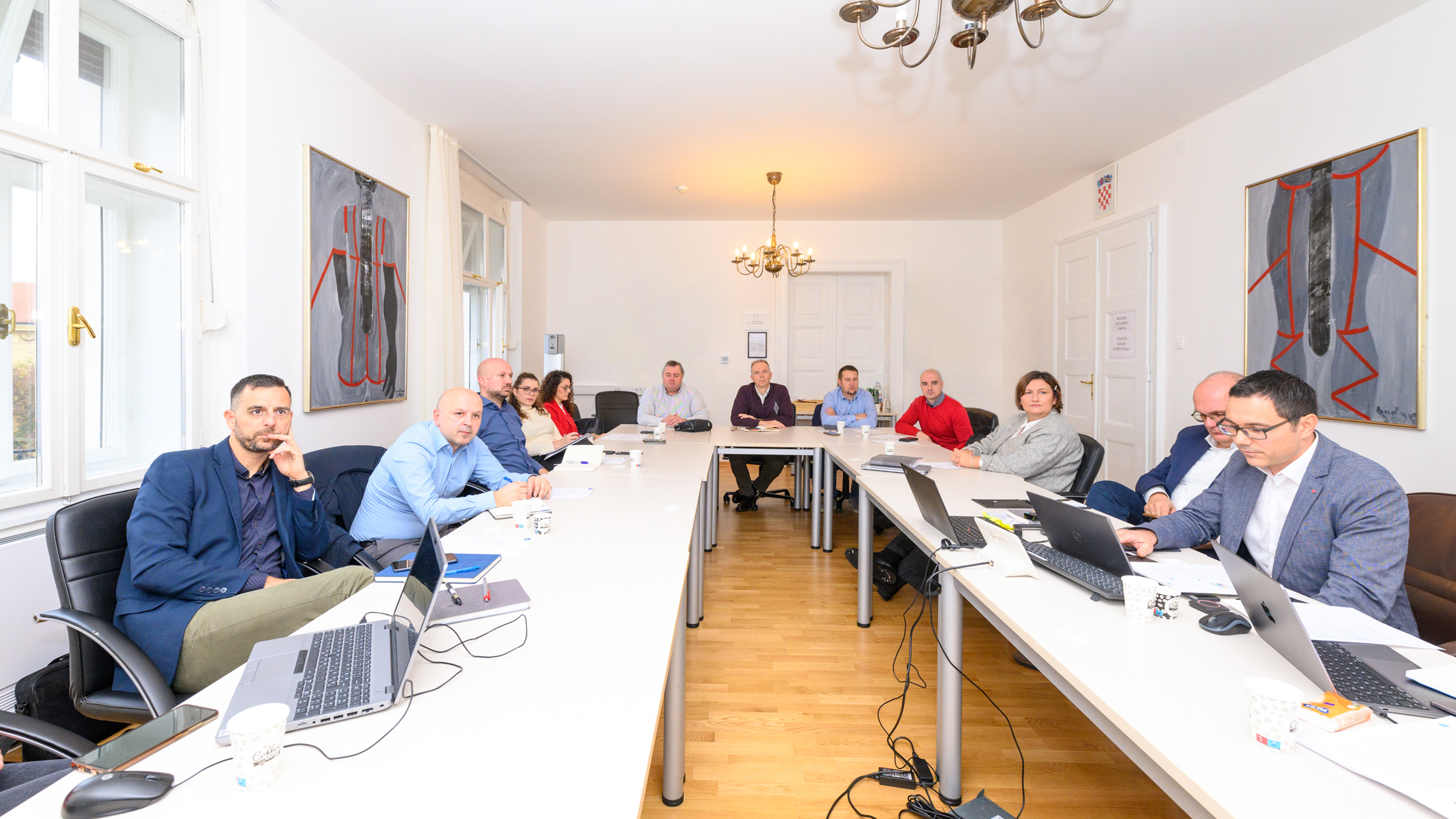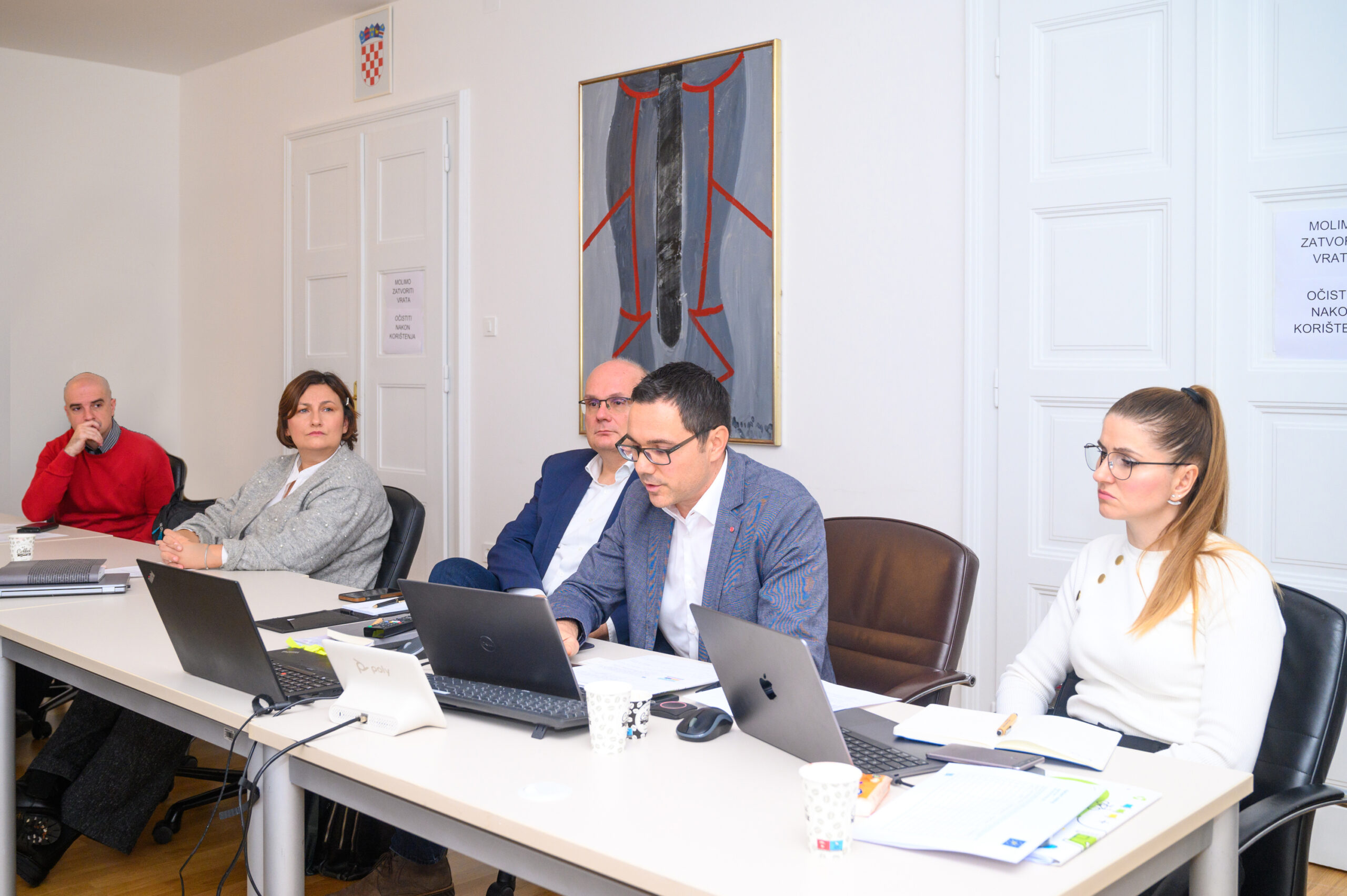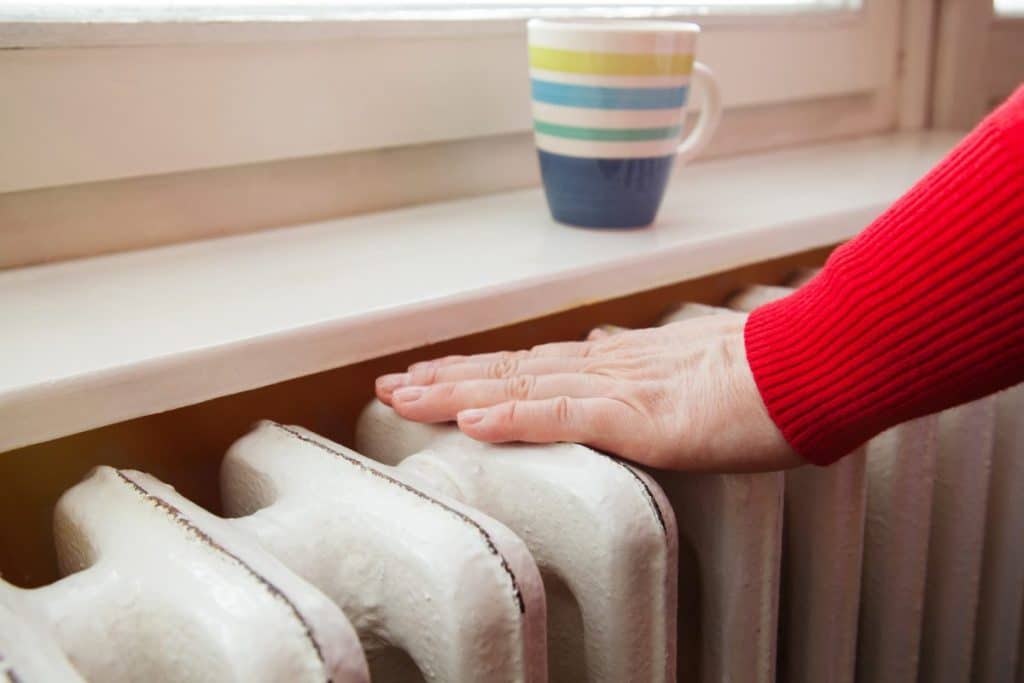The current situation on the energy market is extremely unfavorable for companies from the heating sector, which are key to the rapid and efficient decarbonization of cities, and the entire sector has been unjustifiably neglected in comparison to the rest of the energy sector for many years.
Project D2Heat, financed through the EU LIFE program, aims to provide technical assistance to the Croatian heating sector, i.e. to speed up the modernization and implementation of the energy transition for the heating and cooling sectors. The project consortium includes HEP Toplinarstvo, City Heating Plant Karlovac, Energo Rijeka, Brod Plin and as such covers approximately 98 percent of the heating sector in Croatia in terms of delivered thermal energy.
 regea.org
regea.org
The ultimate goal of the D2Heat project is to initiate investments in the amount of almost 40 million euros during the duration of the project. These investments will ensure safe, affordable and clean heating supply for all existing and future users of the heating system. Modern and efficient centralized heating systems powered by local renewable sources are the key to ensuring safe, clean and cheap thermal energy for the citizens of Croatia.
“This project is an opportunity for the heating industry to get the place and role it deserves in the Croatian energy sector. “Centralized heating today, and cooling tomorrow, the state energy policy must make it competitive with regard to all technical and environmental advantages and finally end the harmful story of favoring the gas lobby to the detriment of national interests,” he said. Julije Domacdirector of REGEA.
 regea.org
regea.org
Technical assistance within the project includes technical analyzes and creation of project documentation, innovative financing models, analyzes and proposals for changes to the legislative environment, and legal services – all so that ambitious investments can be launched.
“Earlier this year, the group for heating activities HGK requested the same gas purchase price and subsidy for households at heating plants and boiler houses as households connected to the gas distribution network”, explained the director of the Sector for Industry and Sustainable Development of HGK Marija Šćulac Domac the unfavorable position of the heating industry, since the category of end customers in heating does not have the same status as end customers who use gas as an energy source and that heating companies buy gas at the price for businesses.
 regea.org
regea.org
It was pointed out that according to the current tariff items, heating companies buy gas for the household category at the price for business (market price). On the other hand, a lot is expected from the heating industry at the level of the European Union, and considerable financial resources are available for this area from various European sources. The withdrawal of these funds will largely depend on the readiness of quality projects for implementation and the entire legal and regulatory framework, which must aim to facilitate the modernization and expansion of existing and the formation of new centralized heating systems.
The coordinator of this project is REGEA (Regional Energy Agency of Northwest Croatia), and the partners in the project are the Croatian Chamber of Commerce, AVELANT, HEP-toplinarstvo, Gradska toplana, Energo and Brod-plin. The project started in November 2022 and will last until October 2026.
Track N1 via Android apps | iPhone/iPad and social networks Twitter | Facebook | Instagram.

